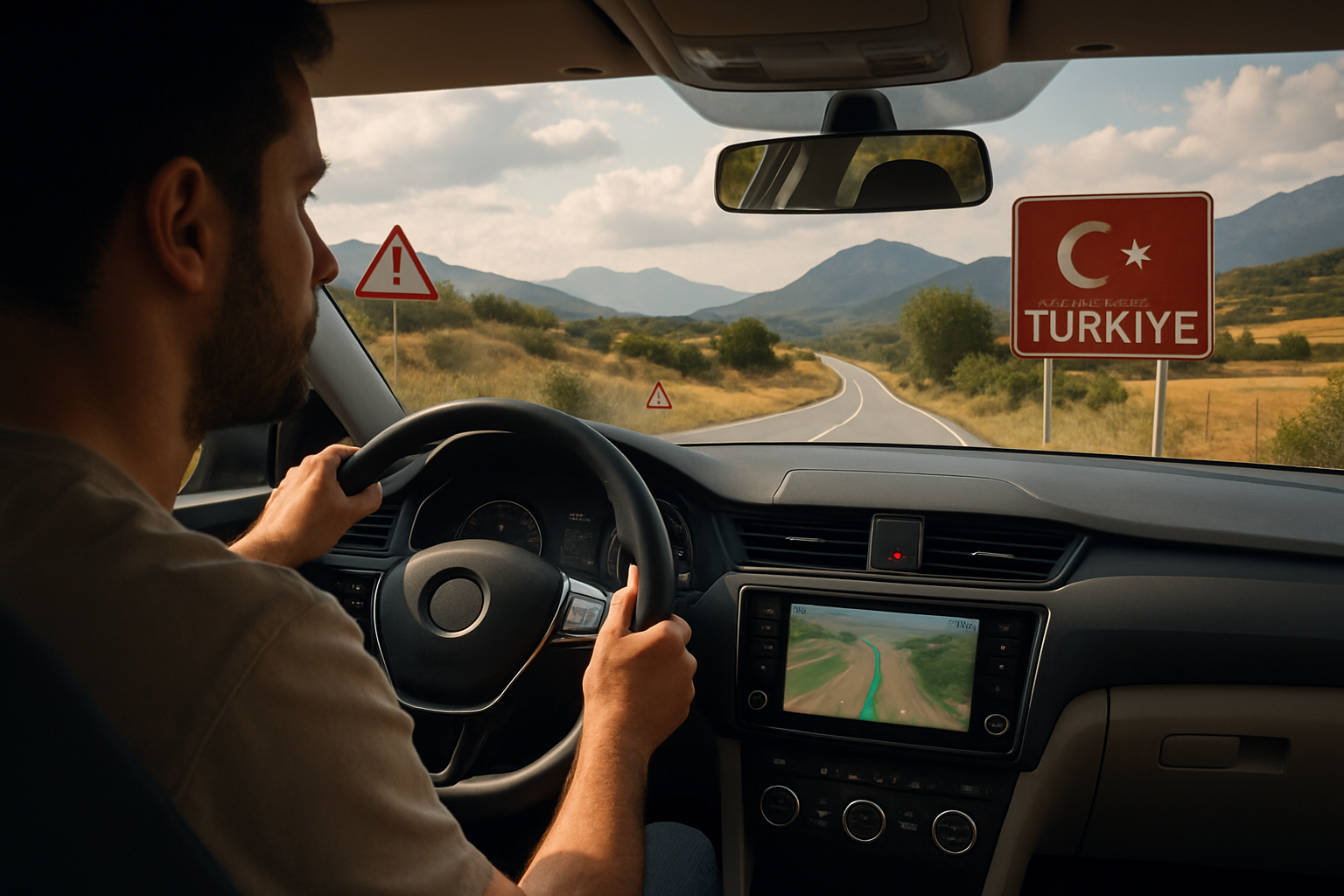Driving in Turkey: Rules, Tips, and Road Conditions

Moving to Turkey brings excitement, vibrant culture, and beautiful landscapes. Yet, navigating daily life as an expat comes with unique challenges—one of which is understanding how to drive safely and confidently. Adjusting to local road rules, variable conditions, and the distinctive rhythm of Turkish traffic can be overwhelming at first. This guide gives you straightforward tips, practical examples, and essential knowledge to help you get behind the wheel smoothly.
Understanding Turkish Traffic Laws
Driving in Turkey means adapting to some rules that differ from other countries. Knowing these rules ensures smoother journeys and helps prevent fines or accidents. Before starting your engine, be aware of these essentials:
- Drive on the right side of the road.
- Seat belts are mandatory for all occupants.
- Use your headlights between sunset and sunrise, even in towns.
- Hands-free devices are required for phone calls.
- Strict drink-driving limits apply—zero tolerance under 0.05 BAC.
- Right of way belongs to vehicles approaching from the right at uncontrolled intersections.
For example, Turkish traffic circles operate differently from those in Western Europe: vehicles already inside have priority. These rules are enforced with spot checks and automatic cameras, so consistent compliance protects you from penalties.
Required Documents and Driver Licensing
Expat drivers must have the correct documents with them at all times. Not having these can lead to hefty fines or even impoundment of your vehicle. To stay on the safe side, always prepare:
- A valid foreign license (plus an official Turkish translation or an International Driving Permit)
- Your passport or Turkish residence permit
- Vehicle registration papers
- Valid insurance documents (including compulsory traffic insurance)
Expats planning to stay longer than six months should convert their license at the local traffic police office. This process might require a medical exam and notarized translations, so start early to avoid last-minute stress.
Road Conditions and Driving Styles
Turkey boasts a modern highway system, especially between cities like Istanbul, Ankara, and Izmir. However, secondary roads can vary in quality and width. Urban gridlock is common during rush hour, while mountain roads present switchbacks and sharp curves handled best by experienced drivers.
- Expect sudden lane changes and less use of indicators in cities.
- Local drivers often rely on horn signals or flashing lights rather than hand gestures.
- Speed bumps, potholes, and livestock crossings are frequent in rural zones.
- Winter brings icy roads in central and eastern regions—carry snow chains for mountain trips.
For instance, in Istanbul, small side streets often become two-way without warning. In the countryside, herds of sheep may slow you down unexpectedly. Defensive driving keeps you safe, so maintain a moderate speed and anticipate surprises.
Pit Stops: Parking and Fueling Tips
Finding parking can seem daunting. Major cities use metered street parking and guarded lots (otopark), while supermarkets and shopping centers offer free spaces, often busy at peak hours.
- Look for blue meter signs or attendants in neon vests when street parking.
- Avoid parking within five meters of intersections or crosswalks, as fines are steep and towing is swift.
- Service stations are frequent on highways and usually provide full-assist fueling—let the attendant fill your tank and check your oil.
- Paying for fuel is mostly cash or Turkish cards, streamline your visit by carrying some local currency.
New drivers benefit from using navigation apps with real-time traffic updates to note nearby parking zones and refueling points. This saves time and reduces stress when visiting unfamiliar neighborhoods.
Emergency Situations and Roadside Support
Staying prepared helps you manage unexpected events on the road. Turkey operates a reliable national emergency network. Know these essential numbers:
- 112 for medical or fire emergencies
- 155 for police assistance
- 154 for traffic police
Keep a reflective vest, warning triangle, and first aid kit in your vehicle. In breakdown situations, pull onto the shoulder and place the warning triangle behind your car. Many insurance plans offer 24/7 roadside support, so always keep your provider’s hotline nearby. Learning basic Turkish phrases—like “Yardım edin!” (Help me!)—proves invaluable during high-stress moments.
Driving in Turkey demands a blend of awareness, preparation, and adaptability. When you learn the rules, respect local habits, and anticipate environmental changes, each journey becomes safer and more enjoyable. By embracing Turkey’s dynamic road culture, expats gain the freedom to explore both bustling cities and hidden gems with confidence.
